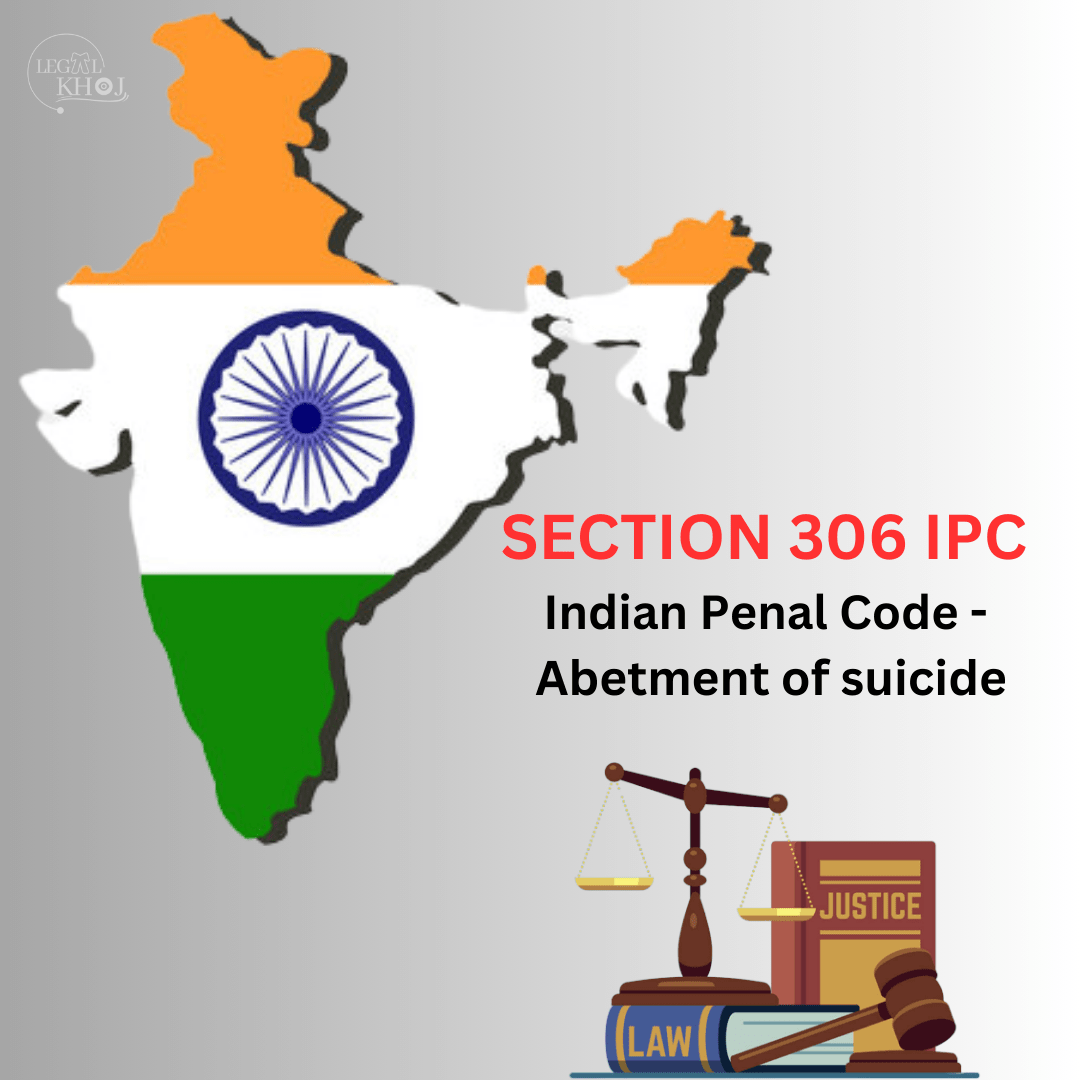In the matter presented before the Karnataka High Court :-
A petition for the reverse of an FIR registered under Section 306 read with Section 149 of the Indian Penal Code (IPC) was under consideration. The presiding Justice Venkatesh Naik T, emphasized a crucial legal principle: the mere presence of an individual’s name in a suicide note does not automatically render them culpable under Section 306 of the IPC. This ruling underscores the importance of thoroughly examining the contents of the suicide note and considering all surrounding circumstances to ascertain whether the act falls within the ambit of abetment as defined in Section 306 read with Section 107 of the IPC.
The case in question revolved around a tragic incident involving the deceased, who served as a teacher at Sasbal Government School. The deceased was later promoted to the position of Principal. According to the deceased’s wife, the petitioner, who was the former Principal and had been elevated as Cluster Resource Centre Coordinator, was pressuring her husband. Allegedly, the petitioner had failed to maintain proper documents and records during his tenure as Principal.
The deceased’s wife further claimed that the accused persons, including the petitioner, were subjecting her husband to continuous harassment. Distressed by the persistent mistreatment, the deceased took his own life by hanging himself from a neem tree. A suicide note, found in his pocket, explicitly blamed the accused individuals for his drastic decision.
Following this tragic event, the deceased’s wife filed an FIR, prompting the accused to file a petition seeking the reverse of the FIR. The counsel for the accused argued before the Court, asserting that the mere issuance of show cause notices concerning official duties could not be construed as harassment amounting to abetment of suicide. It was contended that there was no mens rea (guilty mind) and no direct link between the deceased and the issuance of the show cause notices.
On the contrary, the respondents argued that there was prima facie evidence suggesting that the accused persons had coerced the deceased into committing suicide through their continuous harassment. This, they argued, constituted an offense under Section 306 of the IPC. Evaluating the contentions presented, the Karnataka High Court observed that the investigation in the case was still pending, and it was the duty of the investigating officer to scrutinize the authenticity of the suicide note’s contents. The Karnataka High Court further noted that, at this stage, there appeared to be a prima facie connection between the accused’s conduct and the deceased’s suicide.
Must Read:- Supreme Court Denies Army Veterans’ Plea to Classify Serving Personnel as Ex-Servicemen from Future Date
Regarding the suicide note left by the deceased, the Karnataka High Court emphasized that the mere presence of a person’s name in the note did not imply their guilt. Instead, it was imperative for the investigating officer to thoroughly analyze the note’s contents and consider other relevant circumstances to determine whether the offense of abetment to suicide had occurred.

Karnataka High Court Considering the specific details of the case:-
The Karnataka High Court held that disputed factual questions could not be resolved in a reverse petition under Section 482 of the Code of Criminal Procedure (CrPC). At this stage, the Karnataka High Court role was limited to assessing the existence of a prima facie case. Consequently, the Karnataka High Court dismissed the petitioner’s plea, reaffirming the principle that a nuanced examination of the evidence and circumstances was necessary before concluding whether abetment to suicide had taken place, even in cases where a suicide note was present.









Leave a Reply